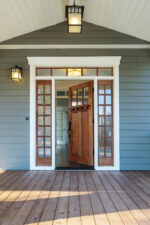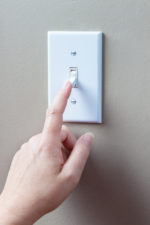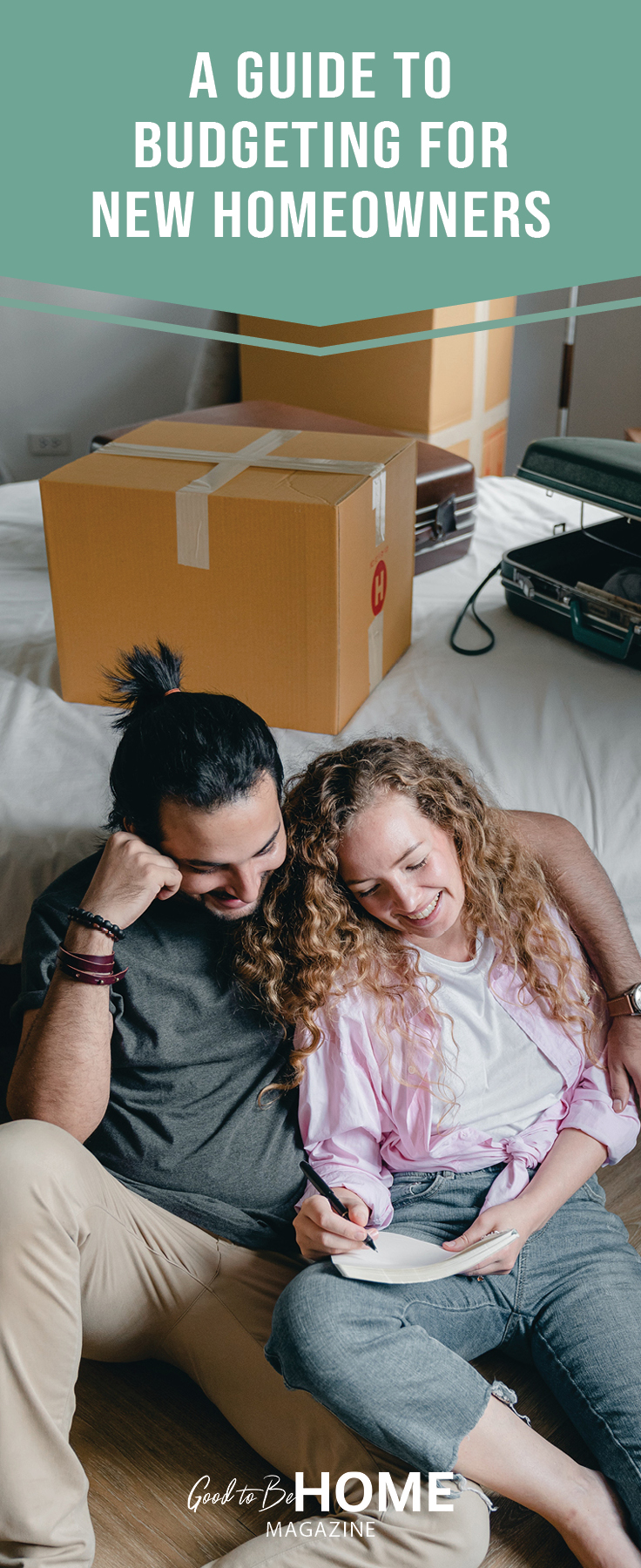A Guide to Budgeting for New Homeowners
It can take time to adjust to the demands of being a first-time homeowner, especially if you were renting before buying your home. Therefore, you will likely need to rethink and restructure your budget to accommodate your new financial obligations. Setting up a monthly budget can help you stay on track to meet your financial goals.
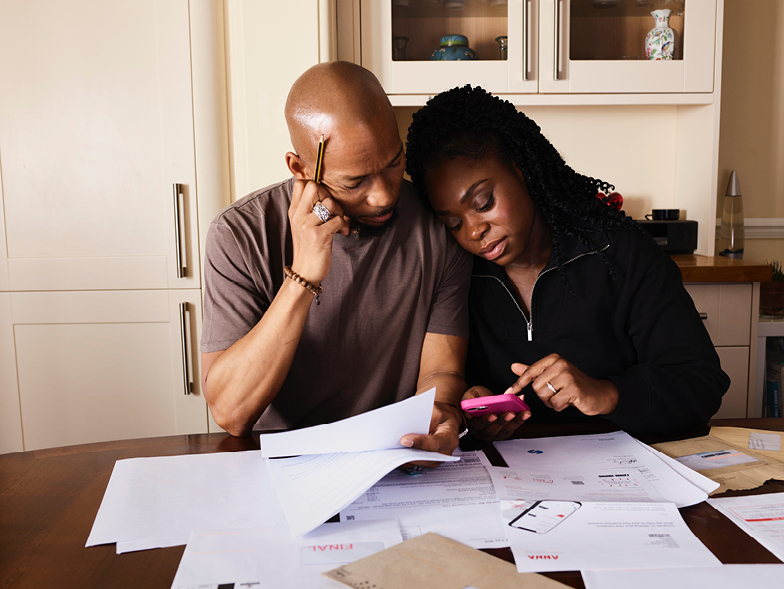
Calculate your monthly expenses
As you assess your new monthly budget, try to determine if it’s realistic and attainable. It’s important to be flexible as certain items may need shifting if unexpected expenses pop up during the early months of your homeownership. Below are some of the most common costs you may have to budget for.
Budget percentages
To get started, it’s a good idea to classify each expense and convert them into percentages. For example, if your monthly net income is $5,000 and your mortgage is $2,000, your housing cost will make up 40 percent of your take-home income. Looking at your expenses in these terms may help you better understand your monthly financial obligations and how to build a budget around them.
Mortgage, taxes, and insurance
Most likely, the most significant portion of your monthly expenses will go toward your mortgage payment (principal and interest), private mortgage insurance if your down payment was less than 20 percent, property taxes, homeowners insurance, and HOA dues (if applicable).
Emergency fund
Be prepared for possible future expenses by setting aside money each month for unexpected costs such as an extensive home repair, an expensive system replacement, or even a job loss, all of which can take a financial toll. Try to have several months’ worth of expenses in savings at all times.
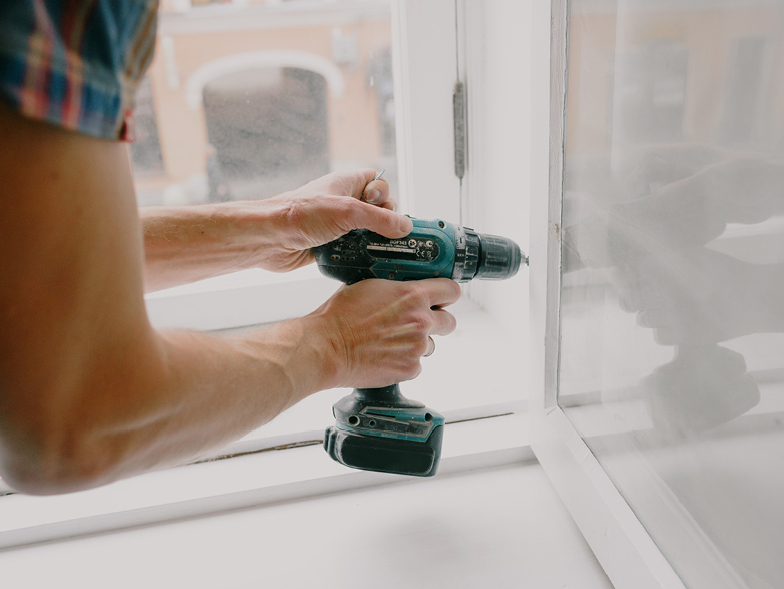
Home maintenance
The location, size, age, and condition of your home will likely determine the amount of money you should put aside for general home maintenance. This typically ranges between 1 percent to 4 percent of your home’s value.
Insurance coverage
In addition to your standard homeowners insurance policy, you may elect to purchase an umbrella insurance policy that provides additional property, casualty, life, or disability insurance.
Revolving debt
Auto, student, and personal loans, along with lines of credit and credit card debt, all require minimum monthly payments, so be sure to account for the amount and note the payment due date.
Retirement and savings
If you have been saving for retirement, don’t stop now. Although your budget may already be stretched, preparing for your future is equally important as your other expenses.

Transportation costs
Your budget should include the cost of gas, tolls, parking, public transportation, and maintenance as needed.
Miscellaneous expenses
On top of your fixed costs, you’ll need to make room for various additional expenses. For example, when renting, most or all of your utility bills, including cable and internet, heat, water, and electricity, were part of your monthly rent. However, these costs will now be your responsibility as a homeowner. Also, don’t forget to make a line item on your budget spreadsheet for food, medications and personal items, household products, entertainment, and clothing purchases, all of which can add up quickly.
You may also need to spend money on items outside of your fixed monthly costs. These can include out-of-pocket healthcare costs, charitable donations, pet care, birthday and holiday gifts, furniture and decor, and travel expenses. Use this as an opportunity to put away a little each month to cover these intermittent costs.
Consider using a software program or an online app spreadsheet to assist you as you begin to put your budget together. Being thorough in recording all your expenses can help you have financial control as a new homeowner.

